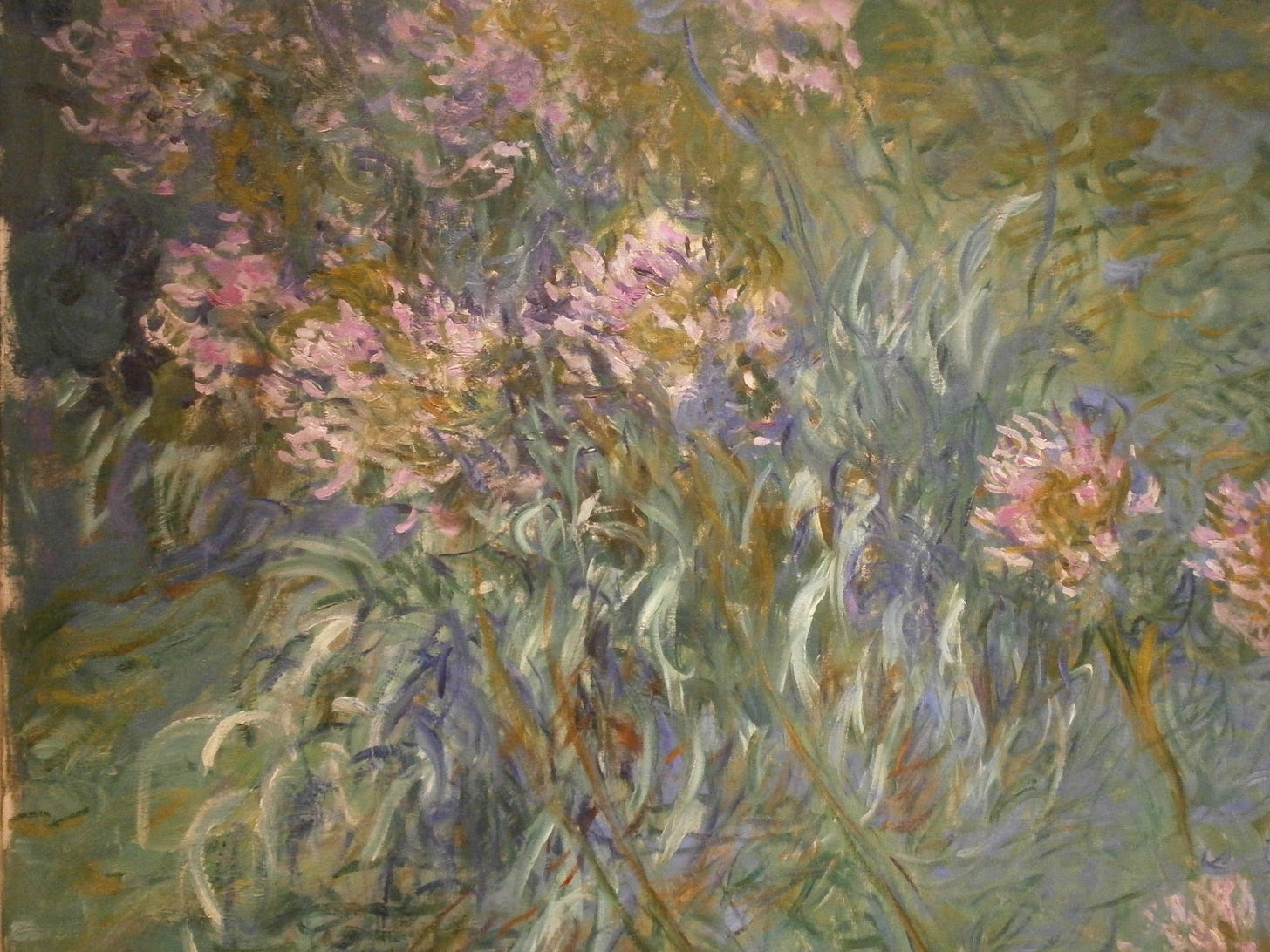the way of magic and illusions.
“The universe is full of magic things patiently waiting for our wits to grow sharper.”
— Eden Phillpotts, A Shadow Passes.
Ghosts or spirits, signs or patterns, the idea that magic [probably] exists is intriguing. As a little girl, there were moments where I hoped that someone – perhaps a stout and clumsy old lady with wings and a wand which could turn mice into horses and pumpkins into carriages – would come and save me. Like the time I broke my mother’s expensive china and hoped they would somehow get mended before she got back from her meeting. But, with every time I needed saving that she [the magical fairy] didn’t show up, my belief waned a little bit.
Looking back now, I appreciate just how innocent children are. The bliss that comes from not knowing, not being disappointed… Most adults do not believe in magic, even though scholars have argued that, more than we know, we engage in magical thinking in our day-to-day thoughts and actions. Like deleting images from your phone and believing they are gone forever, or planning an outdoor activity on a certain day because the weather app on your phone says it’s going to be sunny that day, never once stopping to consider the possibility of a rainfall.
Arguments about whether magic is real or plain myth usually play into agnostic logic – the insistence of the presence or absence of a higher power. Other times, it’s just parlour tricks. I can’t say whether I am a believer or an unbeliever, but I sometimes wish that I held onto that juvenile innocence a little longer. The last time I hoped for a miracle was when my mom had just slipped into a coma.
Miracles, magic, different sides of the same coin. Theistic thinking encourages the belief in miracles, magic, the supernatural, always finding meaning and interpretation to events – signs, they call it. While we sneer at them cynically, and sometimes proclaim “it’s just a coincidence.” And perhaps we are right, but what if they are too? What if magic is a proliferation of several ‘useful’ coincidences?
You pay a compliment to a new colleague and they become one of your best friends. You spot a boy across a crowded restaurant then run into him again at the most random place and start what would come to be the wildest romance of your life. You meet a stranger at the salon and get a career breakthrough. You employ the services of a web-designer and one year later you find that your life would be meaningless without them in it. It could all be a coincidence or maybe it’s magic? Sometimes we all need a bit of magic in our lives, we call for it, but only under our breath, afraid to say the words out loud for fear of sounding silly.
In Magic, Science and Religion, Anthropologist Bronislaw Malinowski argues that magical thinking (and superstitions) help fill the void that is created by anxieties about the unknown and the uncontrollable. He talks about how Melanesian farmers, who, despite carrying out rigorous farming activities guided by extensive knowledge of the soil, seedlings, weather conditions, seasonal changes, pests, and plants, perform a series of magic rites over the gardens. They consider the magical rites as completely indispensable to the welfare of their farms, but what would happen without these magical rites? No one can tell since no native garden has ever been made without its ritual. Malinowski writes:
“We do not find magic wherever the pursuit is certain, reliable and well under control of rational methods and technological processes… The integral cultural function of magic, therefore, consists in the bridging-over of gaps and inadequacies in highly important activities not yet completely mastered by man.”
The void created by the unknown and the uncontrollable, we fill with illusions. Like the belief that everything will work out in the end. The confidence that when we perform an action, the outcome that we expect will come to pass, even though there is no guarantee that a meteor wouldn’t hit the earth before your 11am meeting next Wednesday. What are the odds and who is rolling the dice?
Or, maybe the world really is full of magical things.
The way that the cherry trees blossom to signal the start of a new season, the small colourful birds that sing to remind you that there is so much happening around you, the calmness of the lake that inspires a peace within you, the love that provides a canopy, the friendships that shield you even when you don’t know it, the people who write the music that speaks to your soul, the voices that render said music with such bewildering flair that their voices cuts straight through you and caresses your soul and make you feel – sadness, joy, indifference, feelings… it’s all so spellbinding, so magical.
I really like Nina Simone’s “I put a spell on you.” The way that her voice bellows through the mic, adding life and force to the words “you’re mine”... like command, a spell. Conjuring up her love while spinning the liquid in her cauldron, calling to him & leaving him no choice but to be hers.
I do hold some superstitious beliefs, like people are destined for each other, whether as friends or as romantic partners, whether they are fated to meet is another question altogether. But I also believe that no two people come in contact with each other by chance, and that a relationship that ends was never destined to survive. This is my biggest lesson from past relationships and friendships that ended: we all engage in some form of illusion that people will be in our lives forever.
It doesn’t matter whether superstitions hold true or whether magic exists, whether ghosts are real or whether spirits roam the earth, we all live with some form of illusion, believing that that there is something or someone out there who could make our whole lives better, like a new job, a new home, a fresh start, a new lover, a new friend, or a fairy godmother if you’re Cinderella.
Magic could be real or just parlour tricks, and a magician never reveals his secret, so even if we ask, we don’t hold our breaths for an answer; so, we go away trying to predict patterns and read signs, and attempt to find a logical explanation for the questions whose answers are not readily available to us. But maybe believing is all we have. If there is any possibility that magic exists, would it be such a ridiculous thing to actually believe in it?




